SYNAPSES Evaluated Resources
On this page you can find all resources that have been identified and evaluated by the SYNAPSES consortium. Are you looking for resources specifically for you? Use the filtering system on the left.
For a description of the Aims and Learning Outomes (LO) refer to this page.
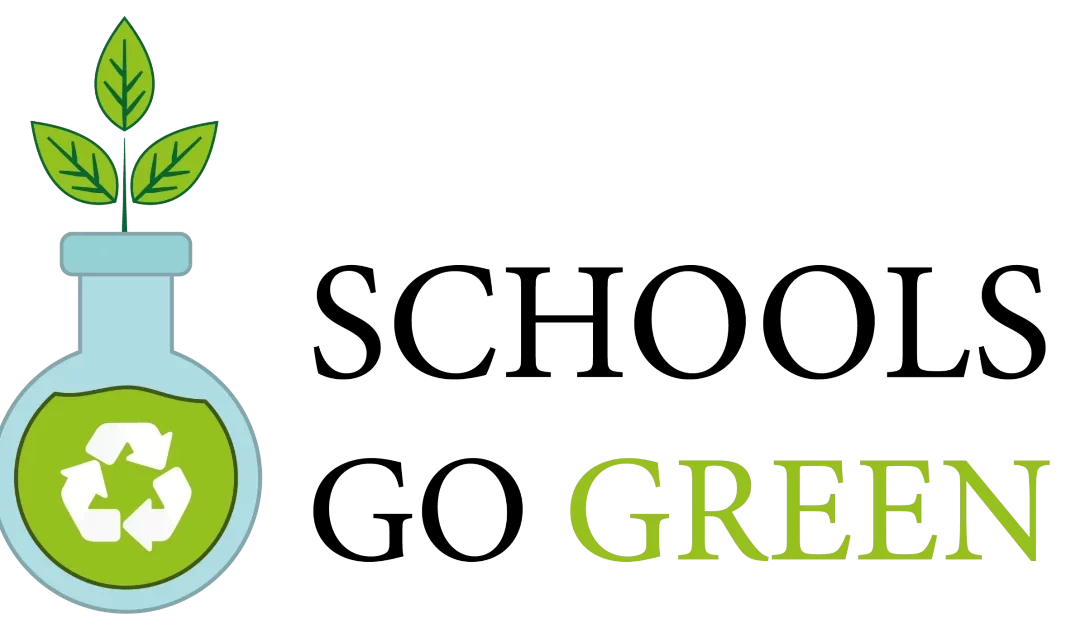
Schools go Green
This educational material consists of a multimedia Eco-Glossary based on small stories accompanied by a set of e-learning materials using audio-visual tools, like presentations for students, teacher handbooks and lesson plans. The learning material follows the whole school approach as it involves teachers, teacher educators, school leaders and researchers.
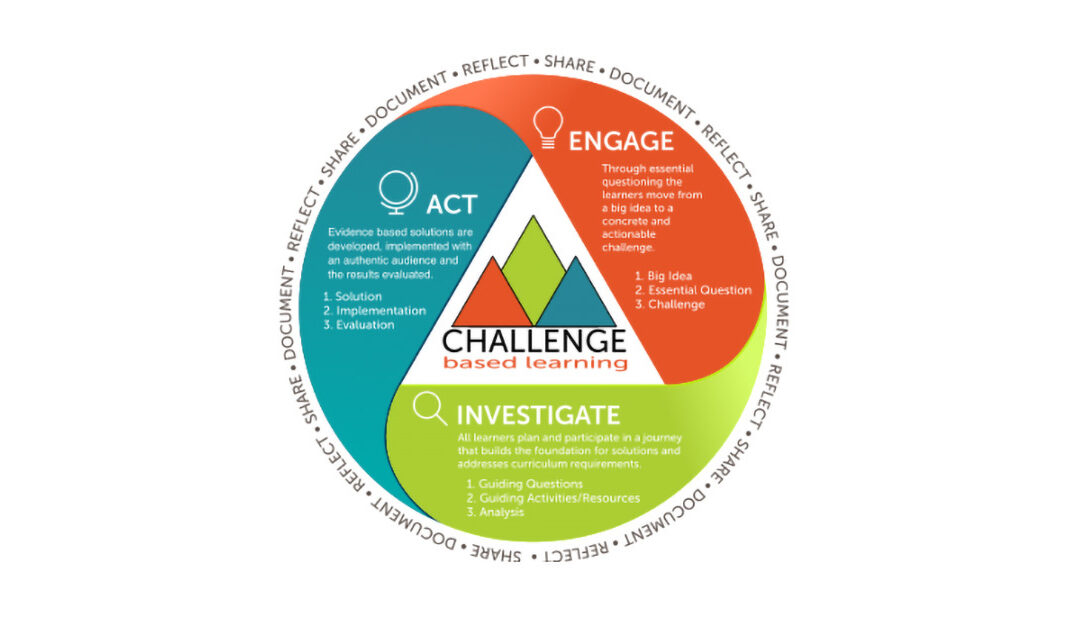
Challenge Based Learning Guide and Toolkit
This Guide to Challenge Based Learning and online toolkit are designed to introduce educators to this student-centred approach to learning in a real world, interdisciplinary way.
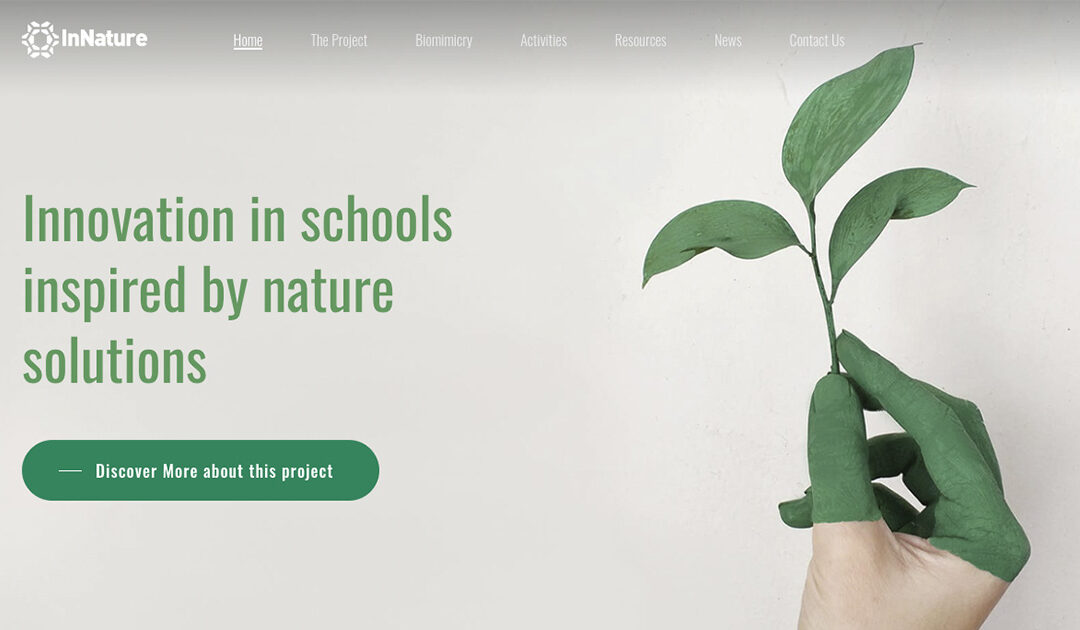
InNature
The InNature Project promotes biomimicry awareness and skills in schools, offering two toolboxes: the “Biomimicry Challenge” with lesson plans, and “Biomimicry 3.8” for workshops. Resources include teacher training, a toolkit, good practices catalog, and a 3-day “InNature Fair.” Materials are accessible online in multiple languages.
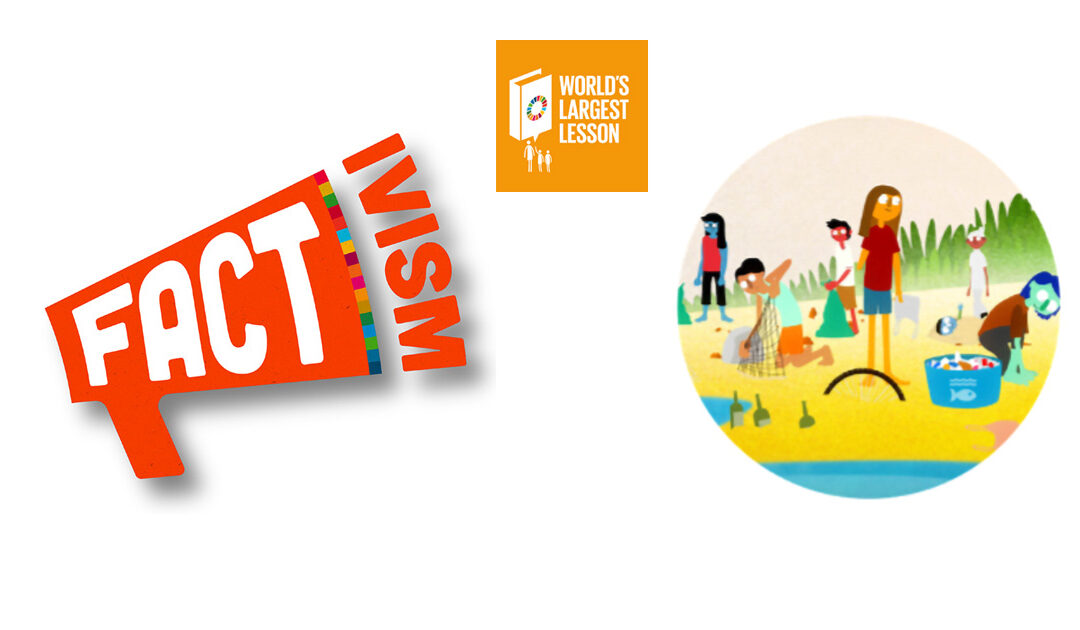
Fact-ivism and Community Action Planning
Students learn about data and pick a data point that inspires them to take action for the UN SDGs.The resource sets out to use the Global Goals as a catalyst for students in identifying a local community issue that they want to help solve, and create an action plan to get started.
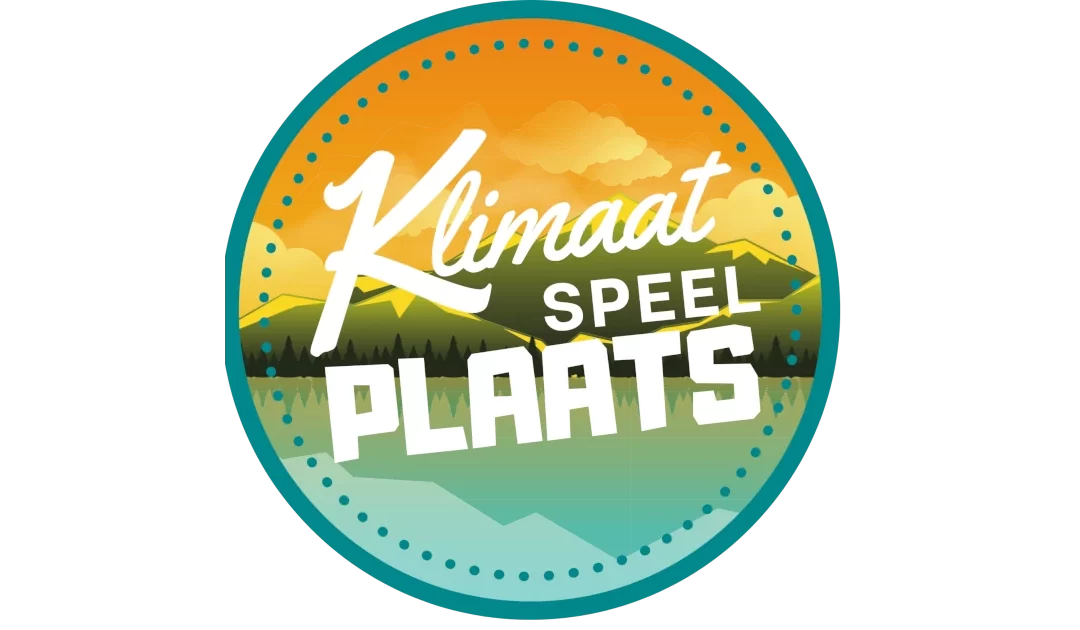
Climate Playground
Climate playground is an Erasmus+ project executed by the Sint-Paulus school and partners in Belgium. The school transformed from a tiled, grey playground with little greenery into a ‘climate-adaptive’ school ground. On the website, they showcase what they have done and give practical tips for how others can implement this.
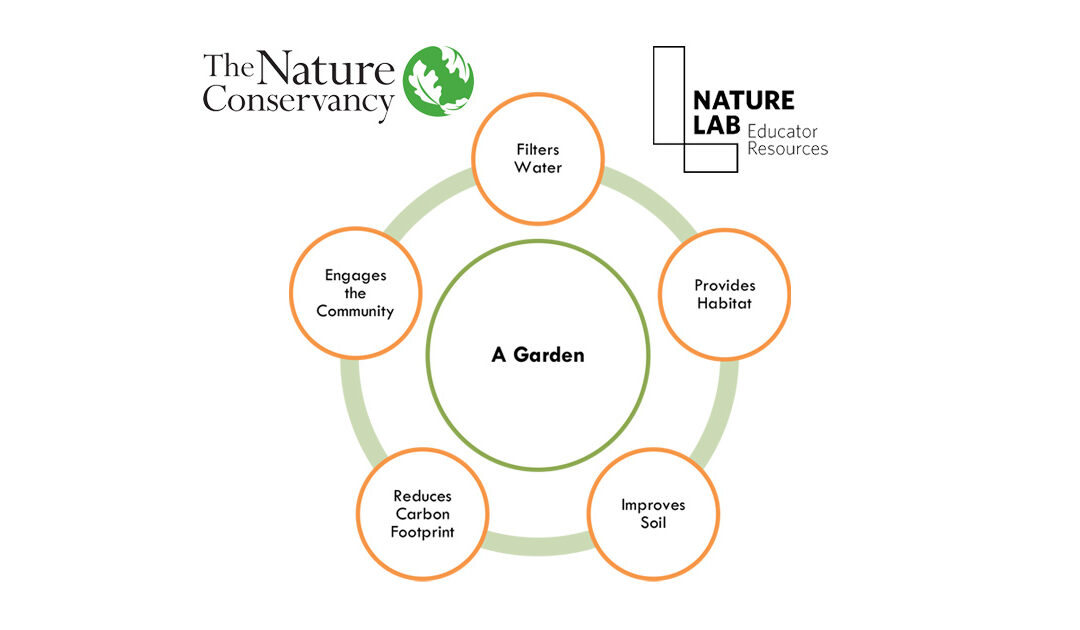
Nature Lab Garden Lesson Plan
The purpose of this activity guide is to teach students the ecological functions found in any natural system and model how these functions are performed by a natural area like a garden.
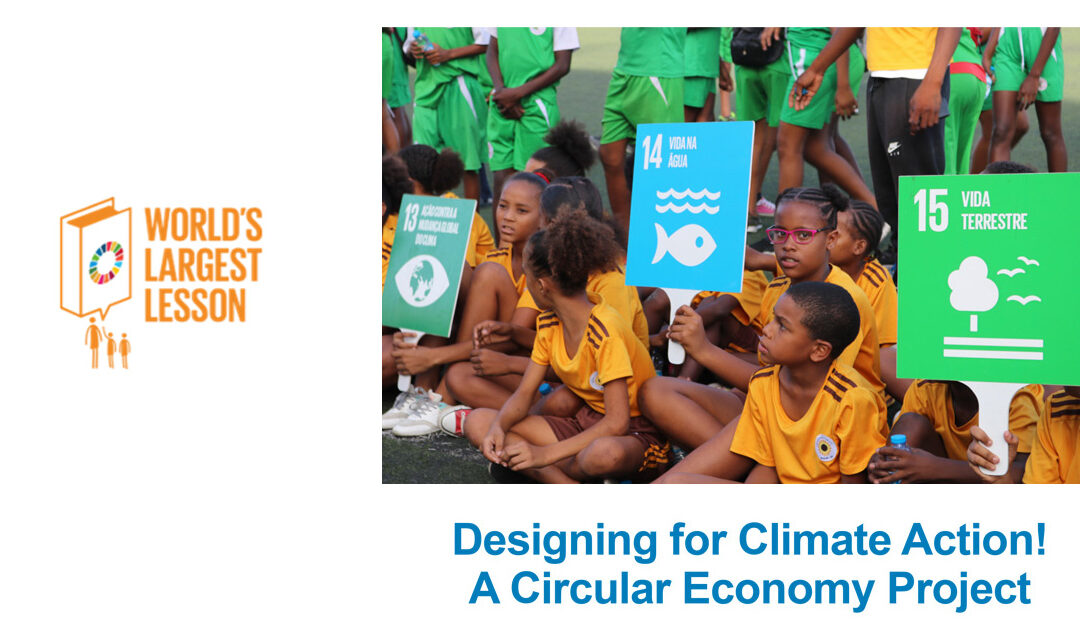
Designing for Climate Action! A circular economy project
Designing for Climate Action is a Circular Economy Project resource that provides activities with resources and teacher slides to deliver a Design Thinking Project.
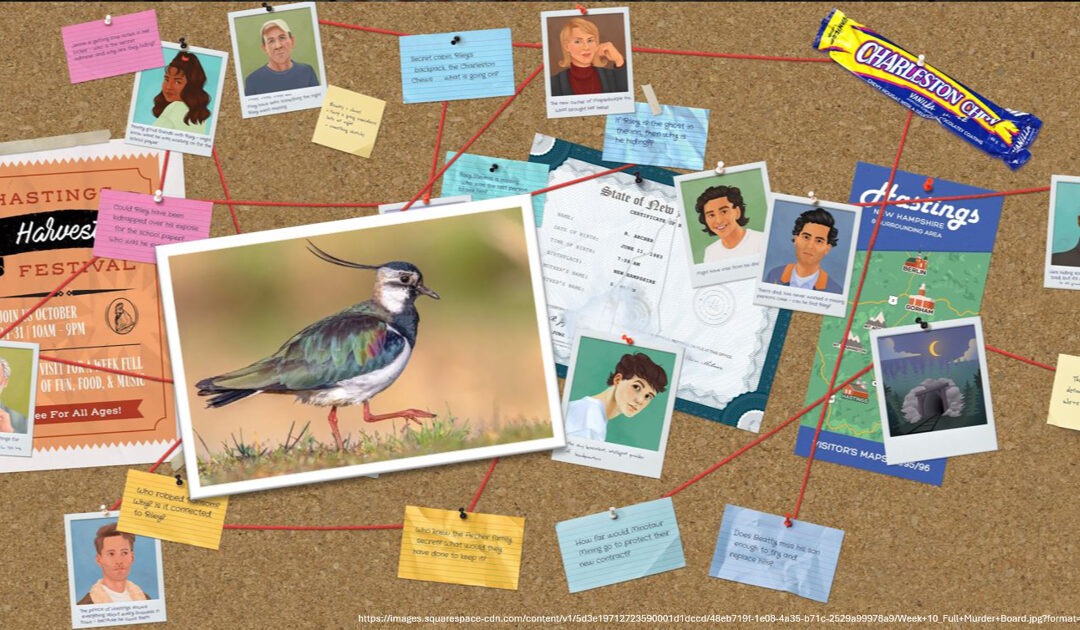
Lapwing in the vegetable field – a Mystery Game
The “Lapwing” resource uses the Mystery Method to engage students in exploring the decline of lapwing populations. Through inquiry-based learning, students analyze ecological, social, and economic factors, fostering critical thinking, teamwork, and environmental awareness, while highlighting the human impact on biodiversity and the importance of sustainable solutions.
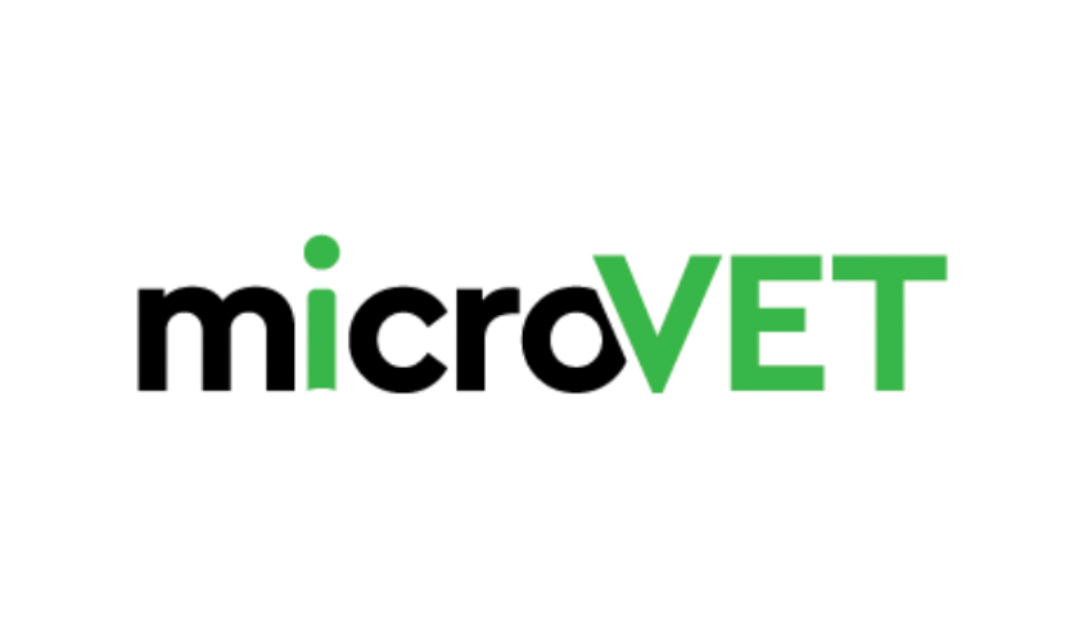
Inclusive science education and art
This resource links to a micro-credential course on inclusive science education and art through the Open-Ended scenario Framework.
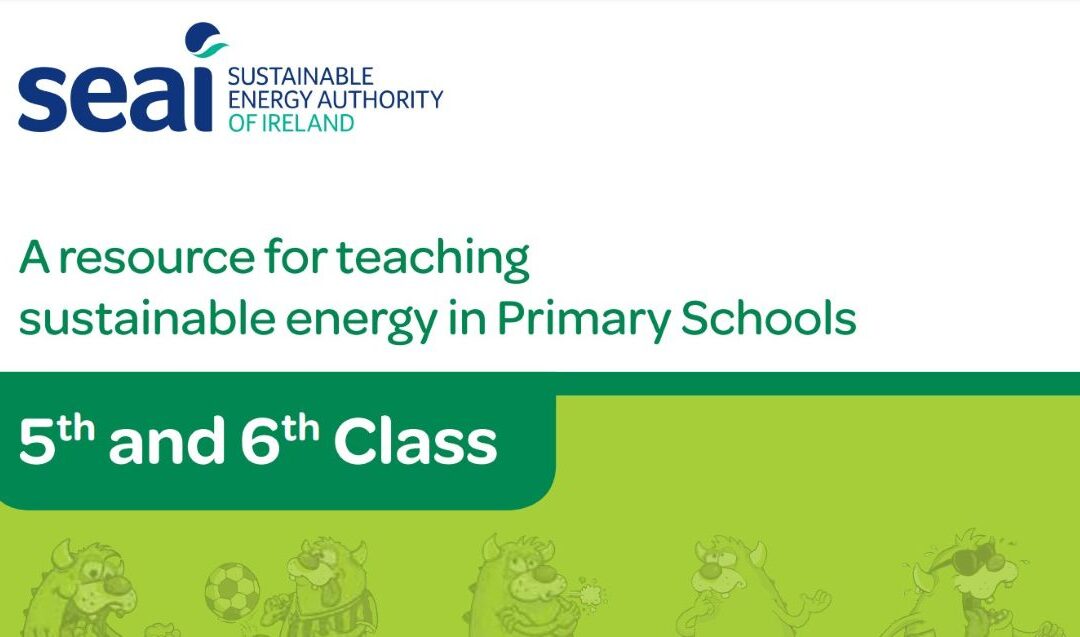
Teaching Sustainable Energy in Primary Schools
This resource is part of a series that integrates sustainable energy into the Primary School Science Curriculum and the Green Schools programme. Students can explore real-world energy needs and the importance of developing new solutions at every class level in a whole school approach.
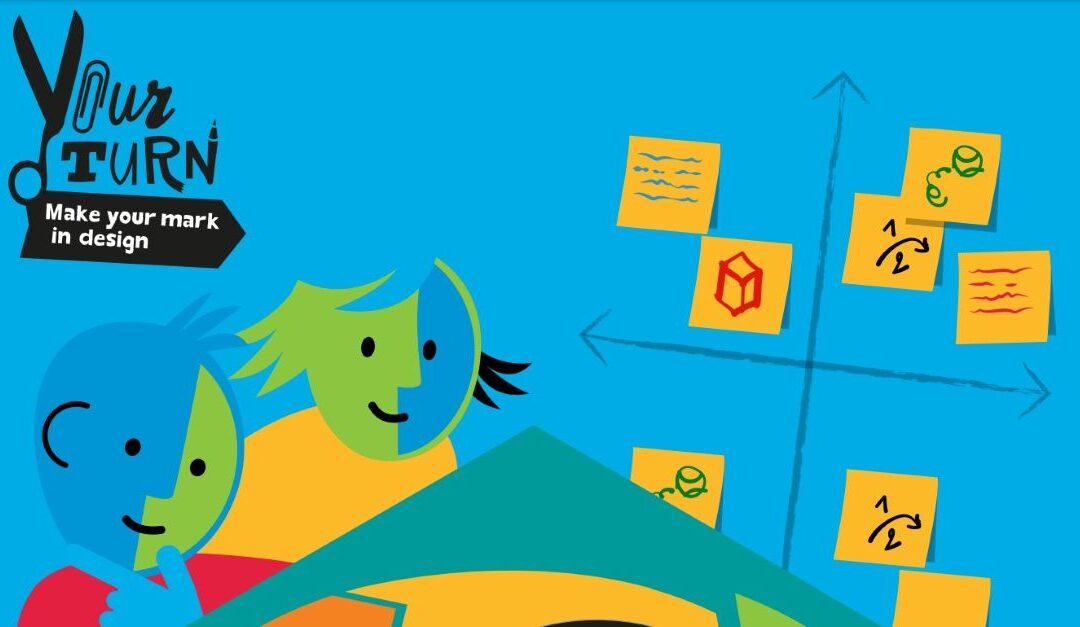
Your Turn for the Teacher – Guide Book
The Your Turn guidebook is a step-by-step instruction for teachers (in training) to create and implement their own design projects for upper primary and lower secondary education.
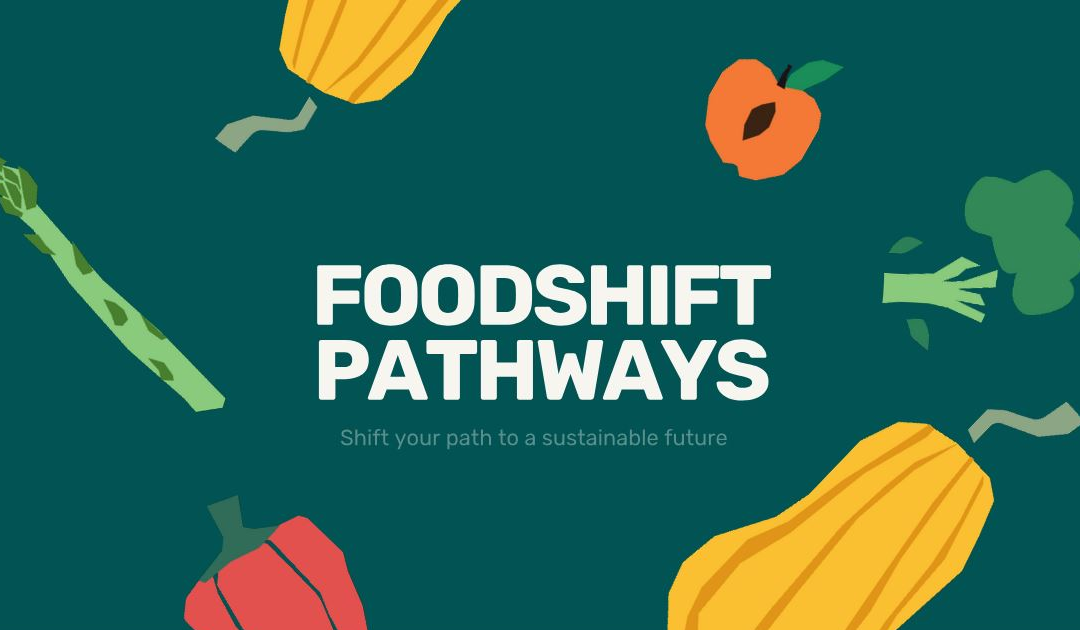
FoodShift Pathways: Open Learning Scenarios
Open Learning Scenarios (OLS) empower teachers to address food system sustainability by placing students at the center of learning. Using open schooling and living-lab methodologies, students collaborate with societal actors to co-create solutions for real-life community challenges. The resource includes 60 scenarios and 6 ready-to-use videos.
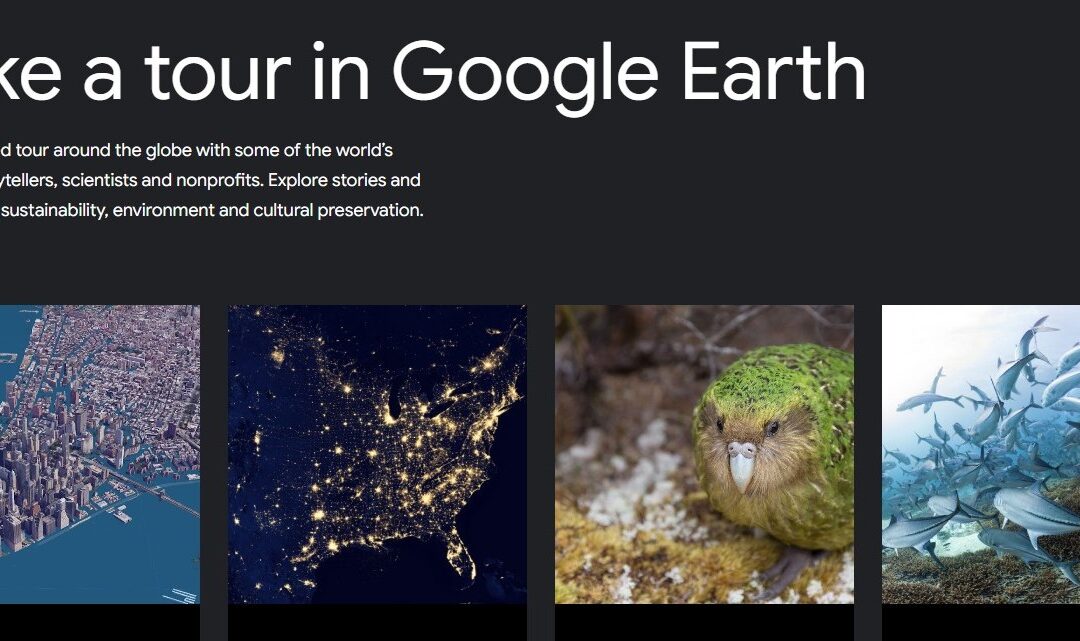
Google Earth Voyager
Google Earth’s Voyager is a showcase of interactive guided tours, quizzes, and layers that aim to help educate everyone about the world both near and far. This resource can used as a starting point to gain a global and place-based perspective of SC related challenges
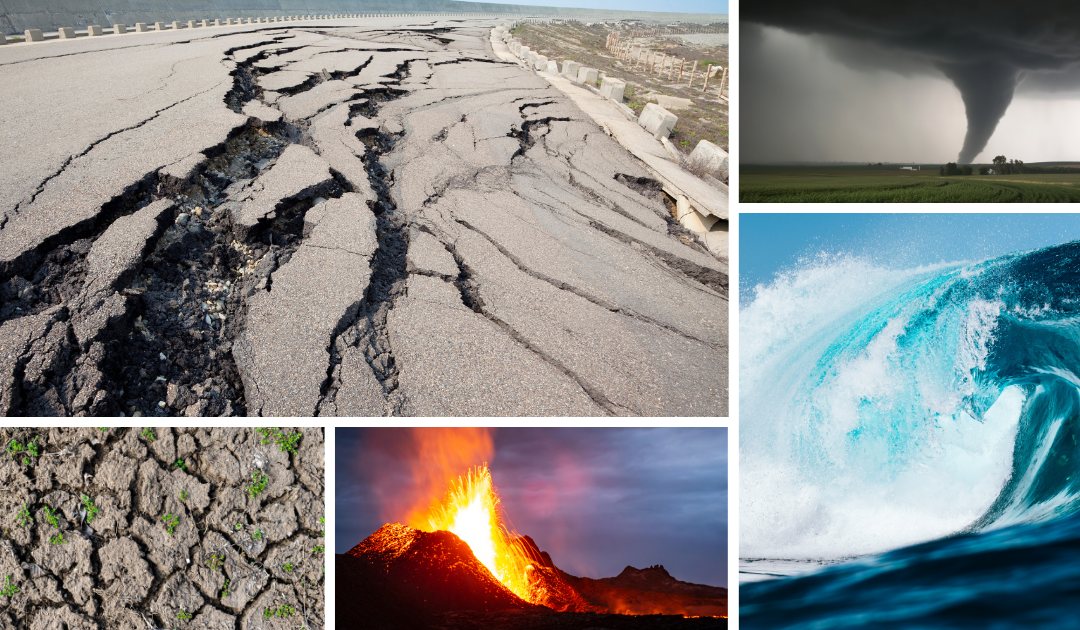
Restless Earth
Explore Earth’s transformations through volcanic eruptions, earthquakes, and tsunamis. Reflect on their impact, study their causes, and design a citizens’ alert program to raise awareness. Develop problem-solving, critical thinking, and collaboration skills while becoming active citizens prepared to protect your community.
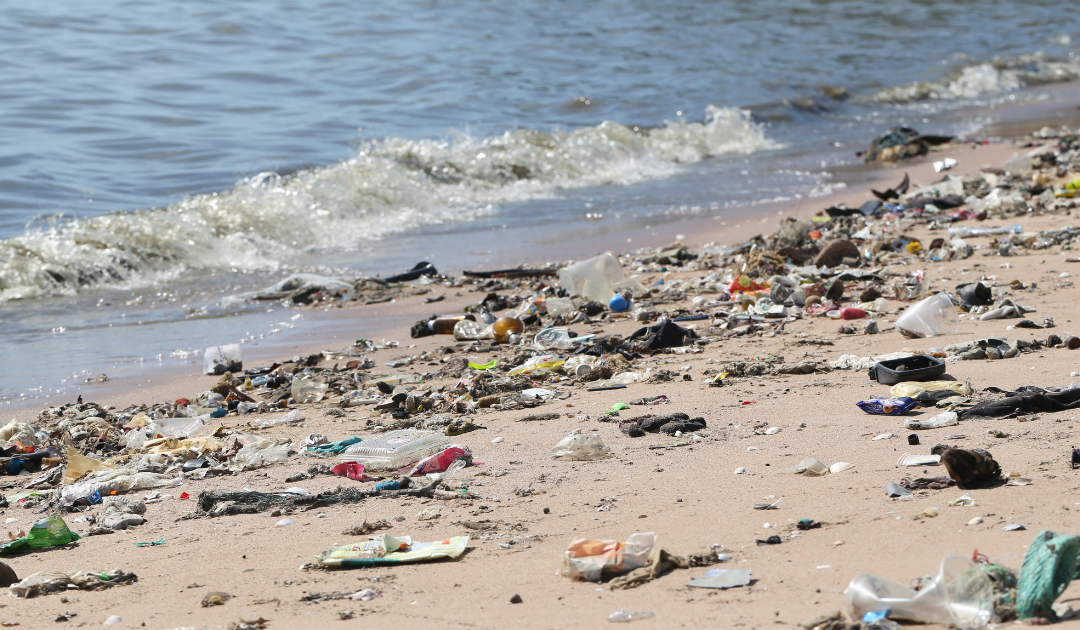
Marine Litter: “Searching for the usual suspects …at my beach”
Within this resource, students will address the marine litter problem by exploring sustainable consumption, waste management, and its impact on marine ecosystems. Collaborating across different islands, they will develop solutions to raise community awareness and implement measures to effectively tackle marine litter, enhancing environmental stewardship and protecting marine health.
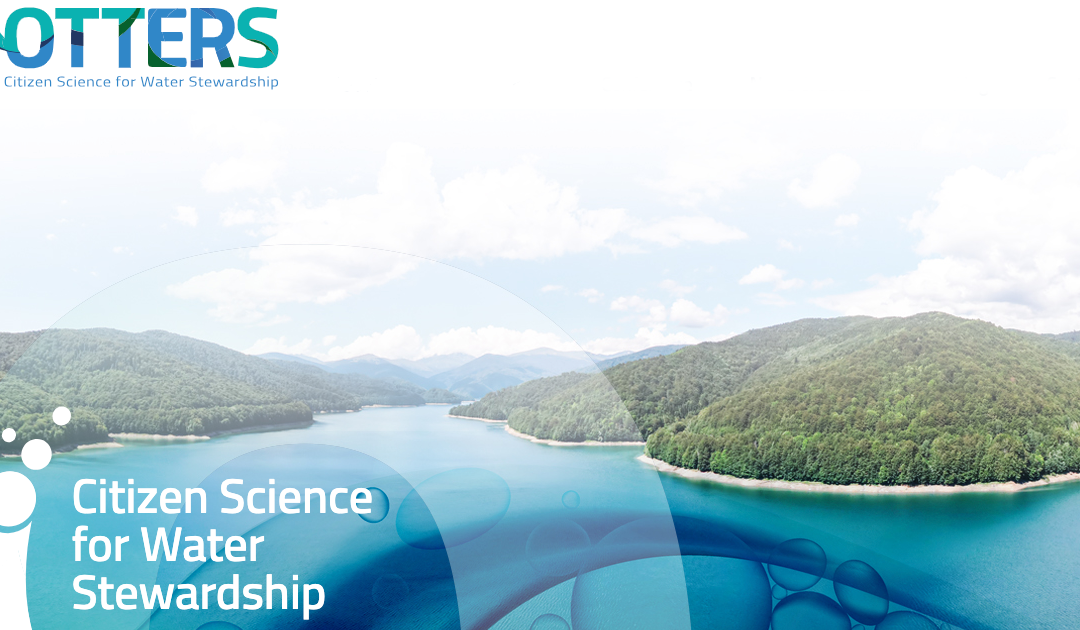
OTTERS – Citizen Science for Water Stewardship
The OTTERS project promotes ocean and freshwater care through citizen science. It empowers people to create campaigns, focusing on protecting ecosystems, eliminating pollution, and supporting a sustainable blue economy. OTTERS offers toolkits to help organize co-creation sessions, enabling teachers and students to engage in real-world problem-solving and scientific research.
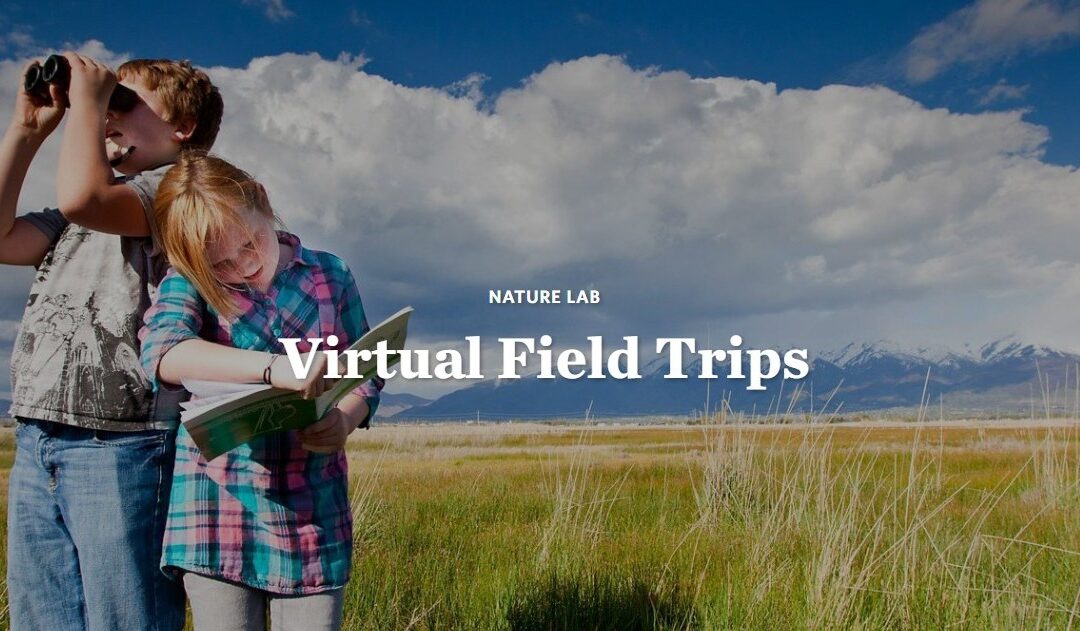
Nature Lab Virtual Field Trip – Responsible Forest Management
The resource builds from a virtual field trip on the importance of forest management, through a series of lessons and activities to a project-based learning approach where student make their own forest dioramas.
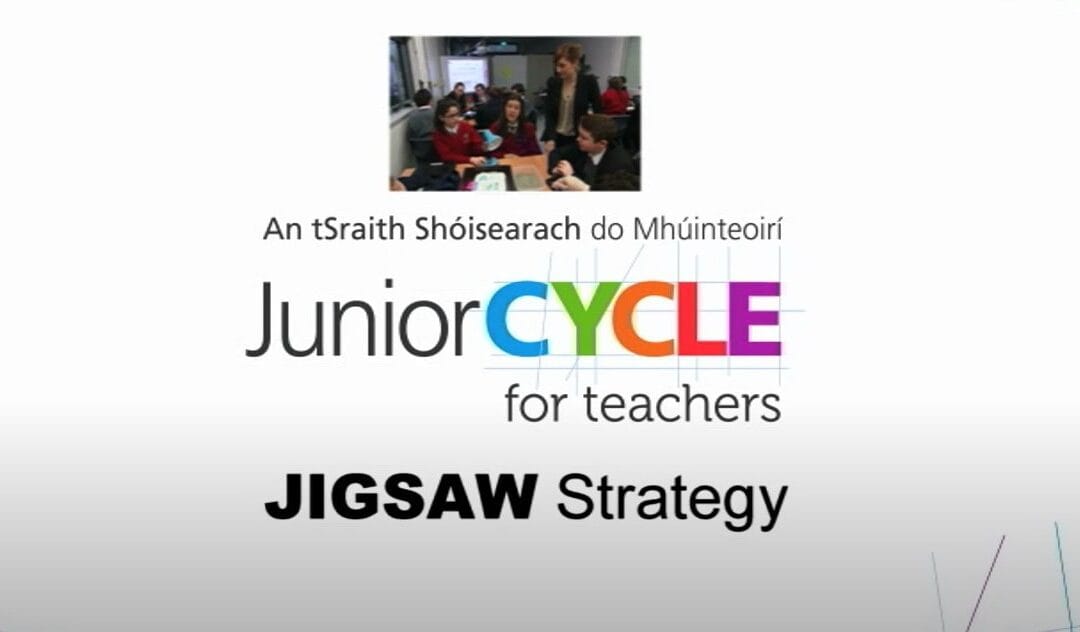
Active Classroom Strategies
The Active Classroom Strategies presented by the Junior Cycle for Teachers service in Ireland are student-centred active teaching methodologies designed to support the development of key skills and competencies in students such as ‘Managing Information & Thinking’ and ‘Working with Others’.
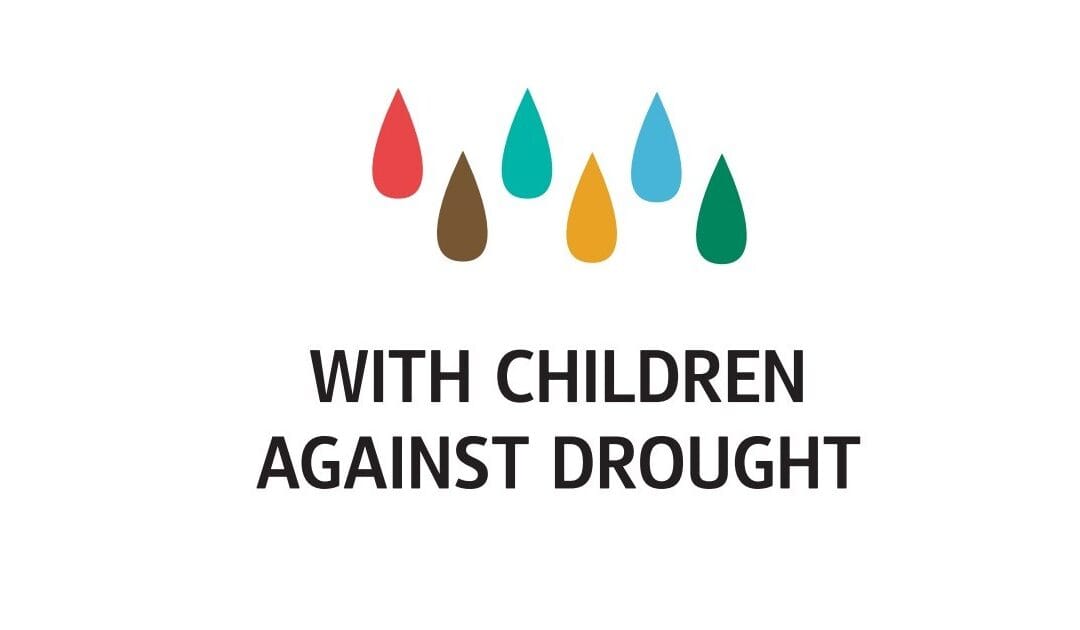
With Children Against Drought
The main idea of the With Children Against Drought methodology is to return water to the landscape, especially through the revitalisation of streams, floodplains and wetlands. The activities in the methodology guide span all areas of education, develop many key competencies and lead the pupils towards active citizenship.
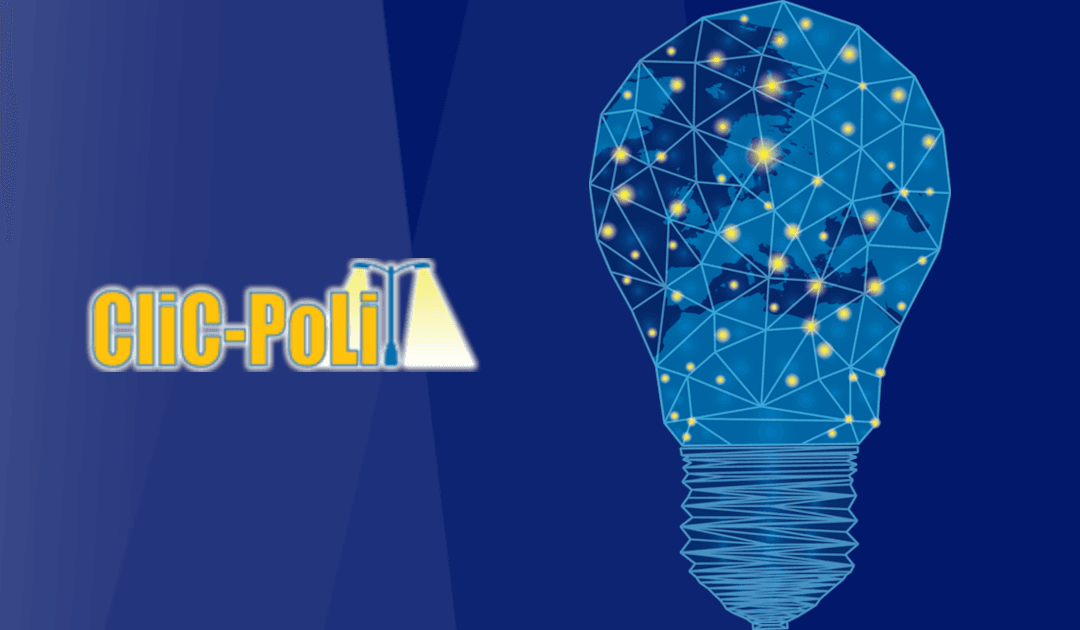
Climate Action and Light Pollution Threat (CliC-PoLiT)
The Climate Action and Light Pollution Threat (CliC-PoLiT) project tackles climate change, urban sustainability, and light pollution through interdisciplinary approaches. It empowers students to address real-world environmental issues, fostering problem-solving, communication, and collaboration skills. Students share their findings with communities, enhancing societal awareness and engagement.

